Today when I reflect back on my life, there is a sense of contentment and I can proudly say that Japan has played a significant role in making me who I am today.
It was during my tenure as the President of South Bombay Jaycees, a project envisioned by my wife, Pushkala came into being - International Understanding through the medium of Dolls popularly tilted as 'International Dolls Exhibition'.
This project required collections of dolls from various nations through their Consulates and Embassies. We were well-received but the Consulate General of Japanese Consulate made the most positive impression on us. Not only was he kind enough to invite us to his residence, but gave us the freedom to choose dolls desired for display taking effort to detail the background of each doll. What more, he even offered to organise more dolls from their Embassy based in New Delhi.
His humility and large heartedness piqued my curiosity about the Japanese culture & her people. Needless to say, the exhibition inaugurated by a popular cine star of that time along-with the consular general of Japan was a thunderous success! Later, I joined the Indo Japan Association, Mumbai as a member and this extra affection for Japan only grew with the various activities of the association.
Meanwhile, an opening in Tokyo for my qualifications and experience was spotted in the Times of India and I jumped for securing that position so that I can experience this beautiful nation first- hand. The dream was getting realised.
Moving to a new country with my wife & young daughter, Bakirathi we had our apprehensions but also eager to fit in. Right from the start I was clear about one thing; I have to be part of my new nation's culture, her thoughts, her values and her people. And the more I dived in, the more I fell in love with this beautiful country!
I discovered that as people, Japanese were no different to Indians. Family oriented, spiritual and traditional with a deep-rooted respect for nature. And there is also a lot of similarity with respect to cultural traditions probably owing to a shared heritage of Buddhism. A very important quality which immediately catches your attention is the Japanese love for value of time… “Japanese are one of the most punctual people. Being on time indicates respect for the people one is meeting.”
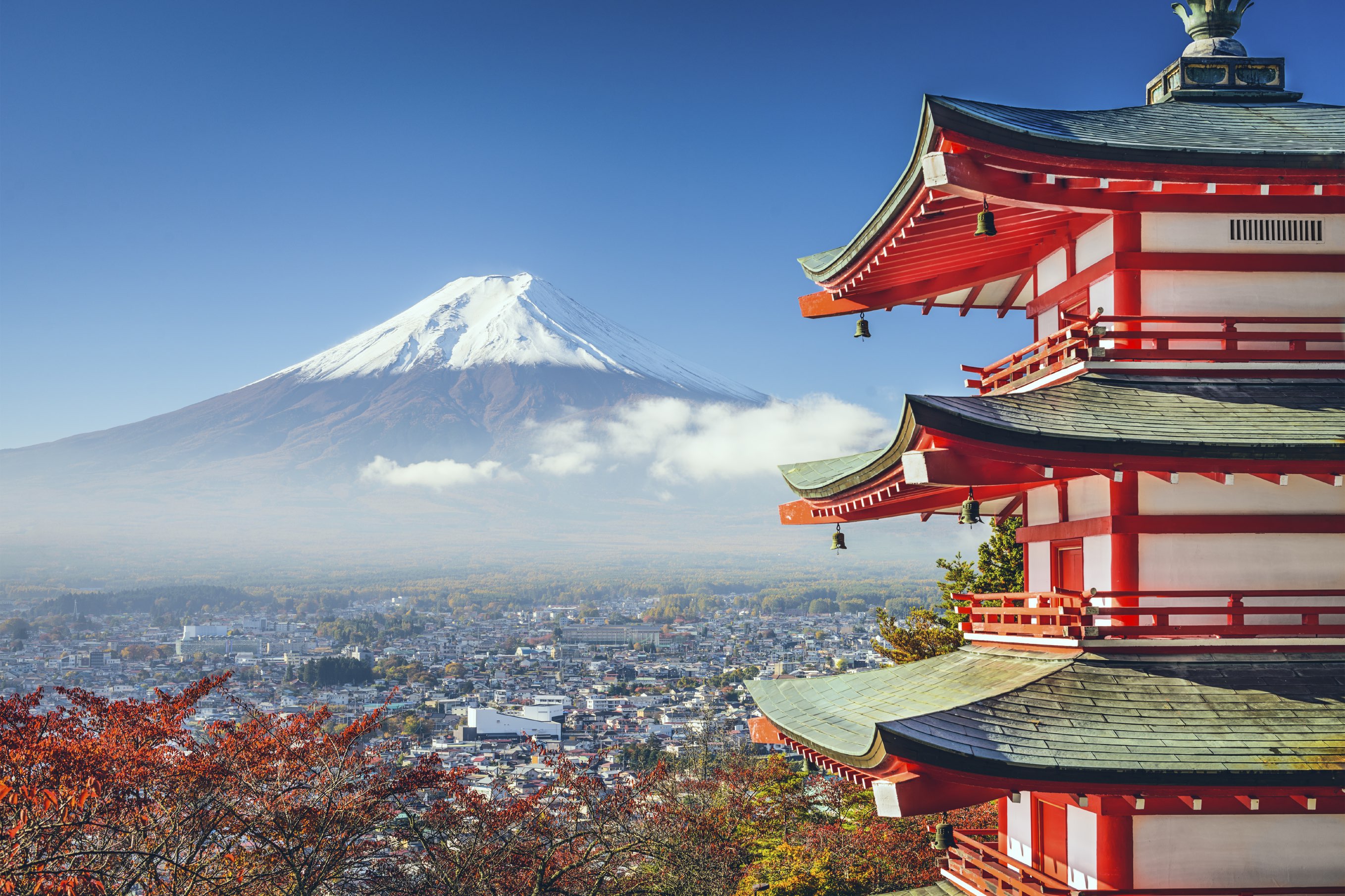
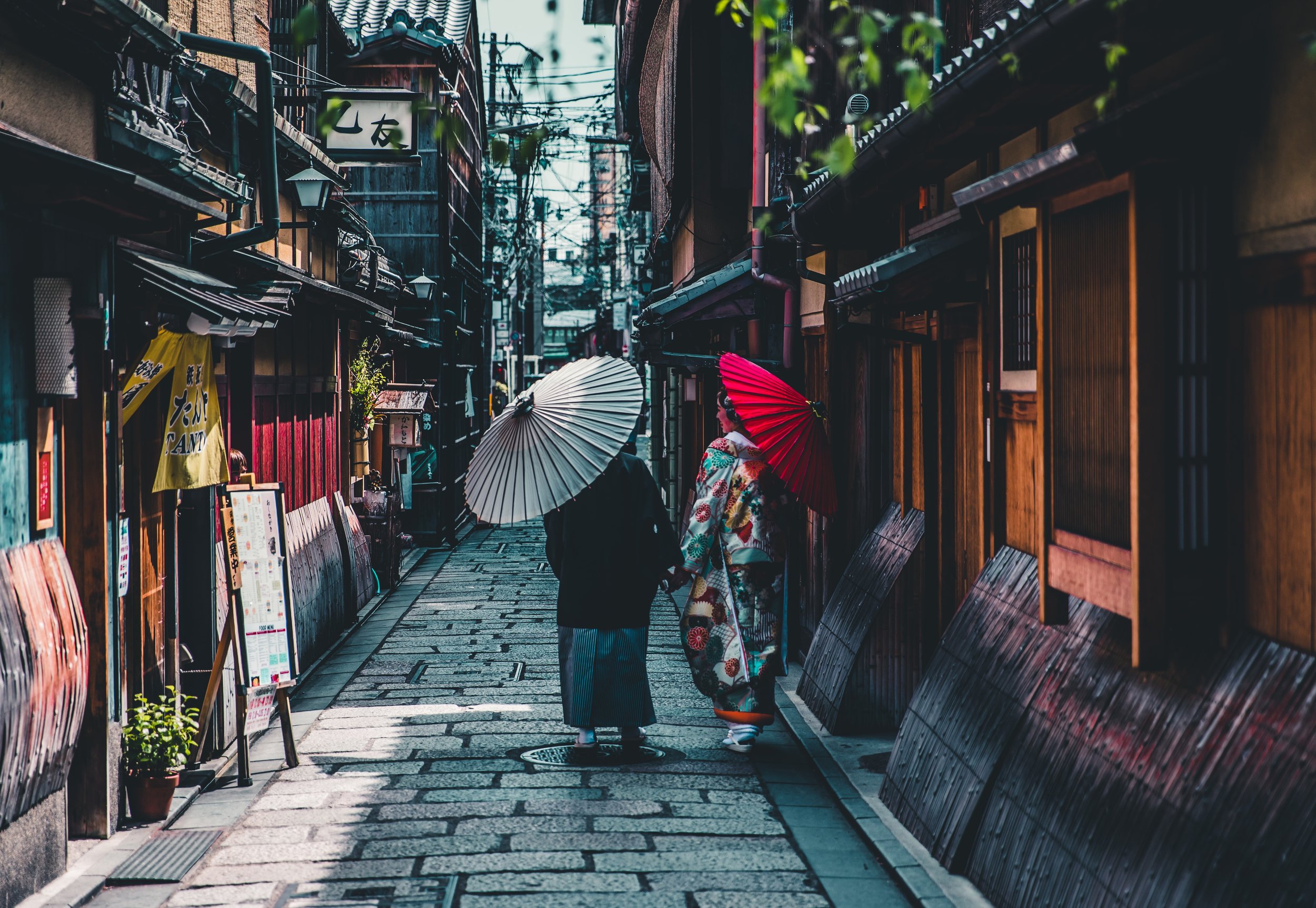
Japan is one of the most economically and technologically advanced societies in the world with one
of the highest literacy rates. Most of the population is concentrated in urban areas. Life expectancy
is the highest in the world. The population is diverse and heterogeneous with a number of
indigenous and ethnic communities. The people are family oriented, conservative and traditional.
The people follow the religious principles of Shintoism or Buddhism. Nature and landscapes play an
important role throughout the culture. Principal language of Japan is Japanese.
Traditional arts include highly refined art forms such as tea ceremony, calligraphy, ikebana, gardening, painting and sculpture. Performing arts are a blend of dance, drama and music with their origins in different eras of the past.
Traditional theatrical forms include Bugaku (court dance
and music), Noh (dance drama), Kyogen (comic theatre) and Kabuki (drama with singing and
dancing). Traditional handicrafts include delicate and fine work such as pottery, calligraphy,
lacquer-work, bamboo ware, silk-weaving and cloth dyeing.

The cuisine mainly includes raw or lightly cooked food. Most world-renowned dish having its origin in Japan is sushi. Other popular dishes include tempura, tofu, sukiyaki, shabu-shabu and various noodle preparations. Beverages having their origin in Japan include green tea and sake.
Japan has several important monuments and landmarks which are representative of their perfect blend of traditions, religions and modernity. Some of the most iconic ones have been enlisted here:
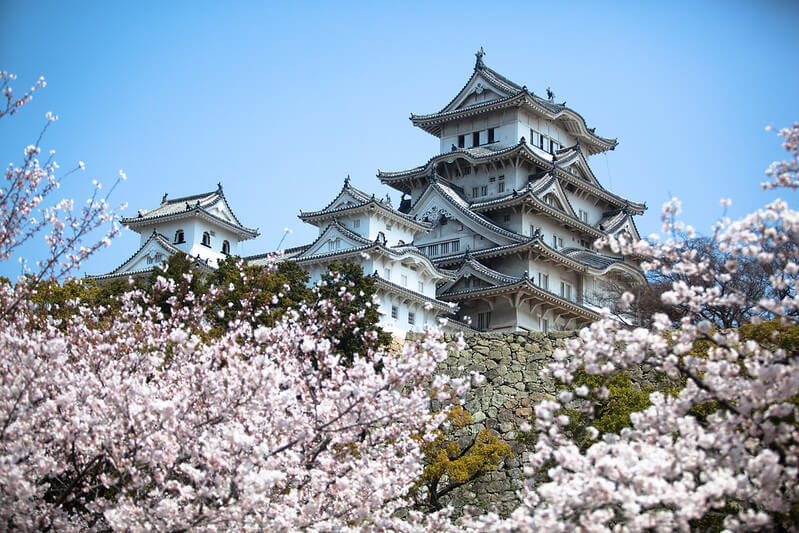
The Tokyo Imperial Palace
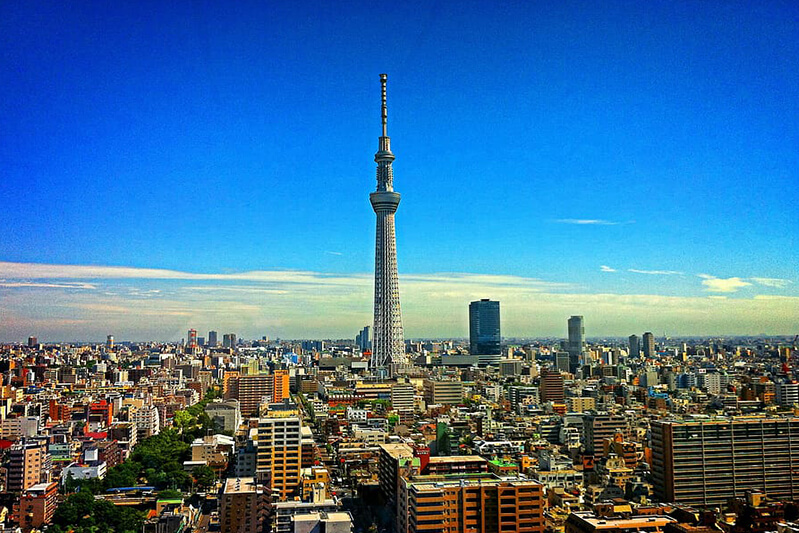
The Tokyo Skytree
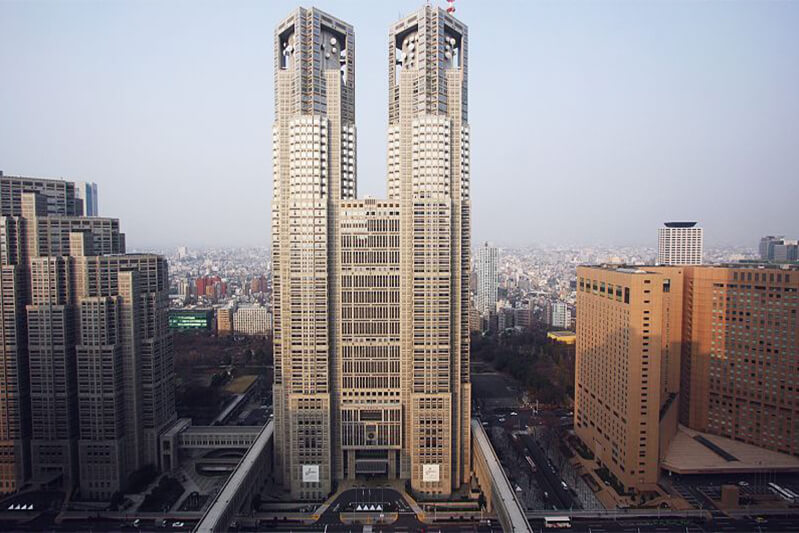
Tokyo Metropolitan Government building
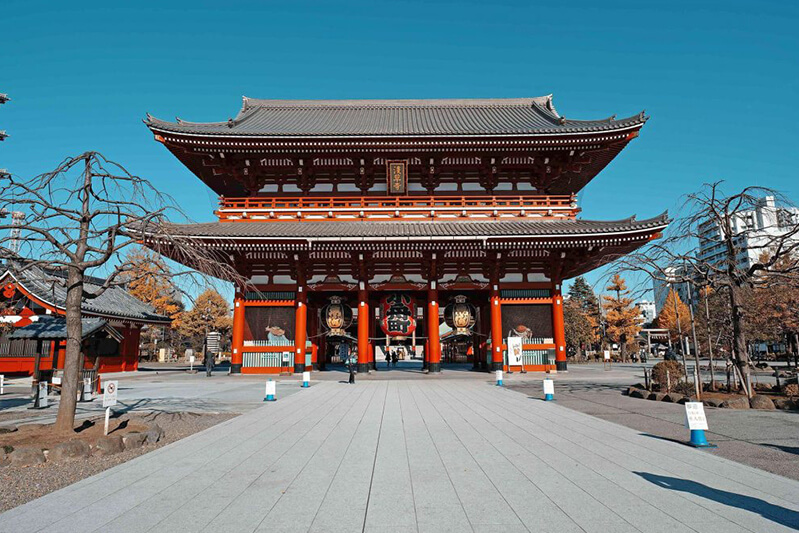
Senso-ji temple
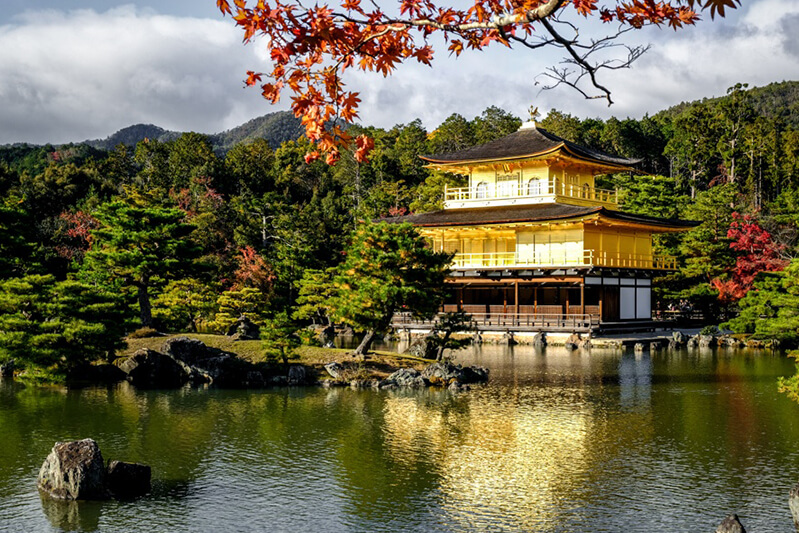
Kinkaku Ji-Temple of Golden Pavilion:
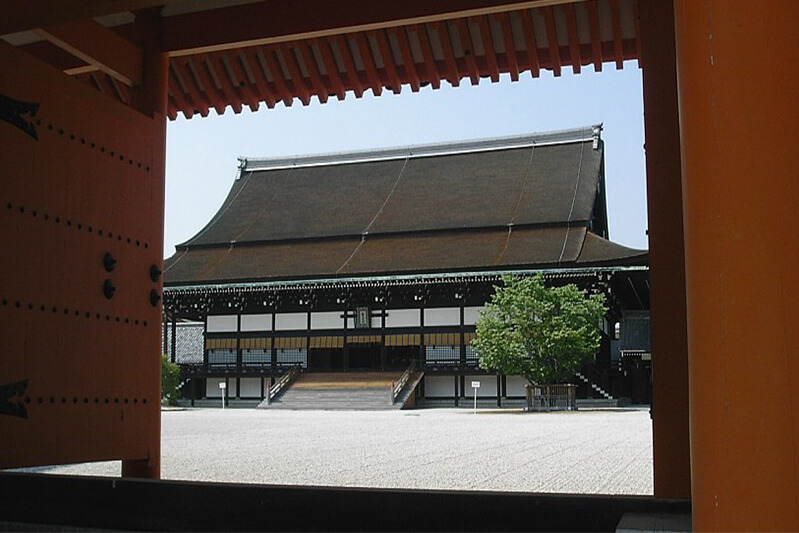
Imperial Palace of Kyoto:
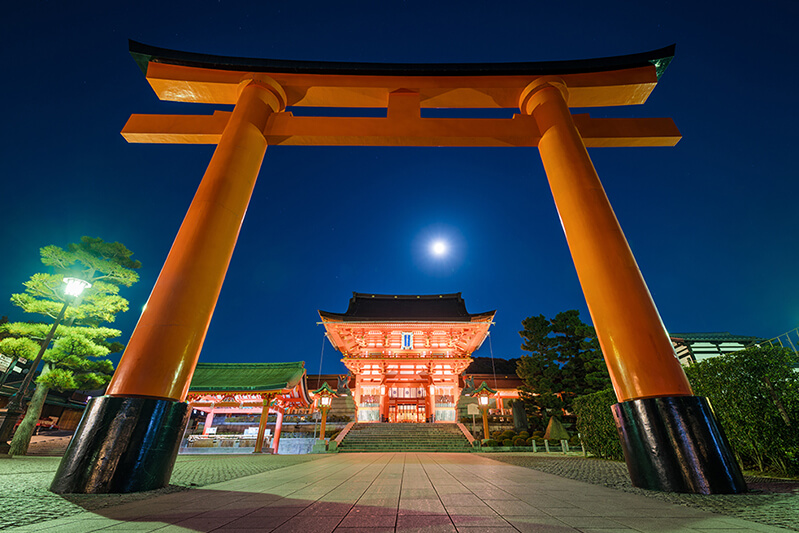
Fushimi Inari Shrine: